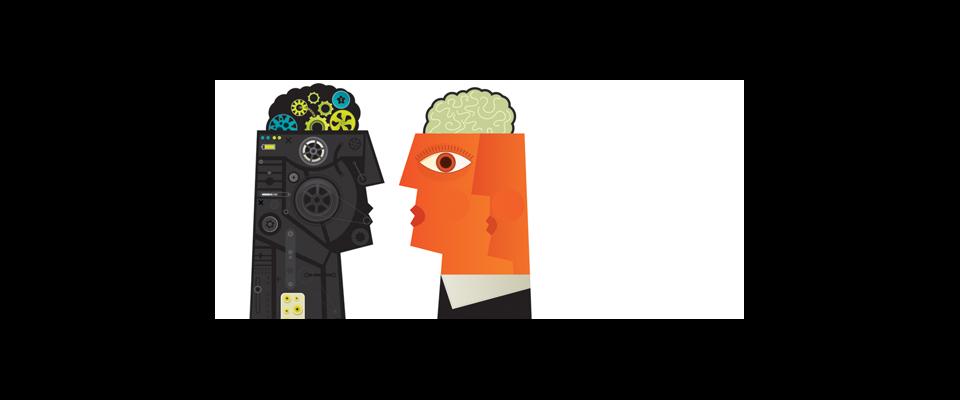You’ve probably been told, “Wikipedia is not a source. Don’t cite it. Don’t use it.”
Many high school and university instructors warn students against using Wikipedia, but new research illuminating the online encyclopedia’s impact on academia might prompt teachers to reconsider.
Wikipedia hosts as many as 1 million scientific articles, and it does a pretty good job reflecting the current state of science, according to MIT professor Neil Thompson, Ph.D. ’12, and his colleague Douglas Hanley. Not only that, it also helps shape science, according to Thompson and Hanley’s recent study, now a working paper with the MIT Sloan School of Management. The researchers examined how information in the online encyclopedia trickles down into major scientific journals, looking specifically at concepts in chemistry.
“If the scientific literature is starting to use [Wikipedia]—to either guide through the words they’re using, or the way they’re connecting concepts—they’re going to use some of the words from the Wikipedia article,” said Thompson.
In the first part of their study, the team evaluated the edit history of Wikipedia and, using big data and a specially trained classification algorithm, narrowed 20 terabytes of data down to a collection of 27,000 chemistry articles. For each Wikipedia article, they found a group of corresponding articles among the 2,000 academic journals they surveyed: one set of articles published six months before the Wikipedia page appeared, and another set published three to nine months after the page was completed.
Then they compared the two sets and searched for echoes of Wikipedia’s language in the newer group. For example, use of the word enzyme 12 times in a Wikipedia article would be a “linguistic fingerprint” that researchers could then identify in academic prose, Thompson explained.
“If the scientific literature is starting to use [Wikipedia]—to either guide through the words they’re using, or the way they’re connecting concepts—they’re going to use some of the words from the Wikipedia article,” said Thompson.
The team was able to find a strong correlation between the two but wanted to pinpoint cause and effect. They enlisted Ph.D. students to write new Wikipedia articles on topics in chemistry not yet covered. Half of the articles were published, and the other half were held as a control group. The published pieces left more fingerprints in academic papers than the unpublished ones.
By February 2017, those articles had collectively racked up more than 2 million page views.
“A substantial fraction of humanity is using Wikipedia every month,” said Thompson. “Two million views is a lot, but it’s not ridiculous. It reflects what an enormous resource Wikipedia is, and in particular what an important resource it is for scientists.”
Thompson argues that making scientific information more readily accessible—rather than relegating it behind a journal’s paywall—has great public benefit. He believes it is important to conduct scientific inquiry with an eye towards its larger implications for society. His research team advocates for further investment in public repositories of knowledge as a way to spread valuable information. One method, the team noted, could be requiring researchers who receive federal grants to contribute to Wikipedia.
“What should our view, as academics, be of Wikipedia? Given that there probably still are some errors there, how do we deal with that?” said Thompson. “What I’d love to see us do is … organize ourselves as academics to go and fix them.”



















